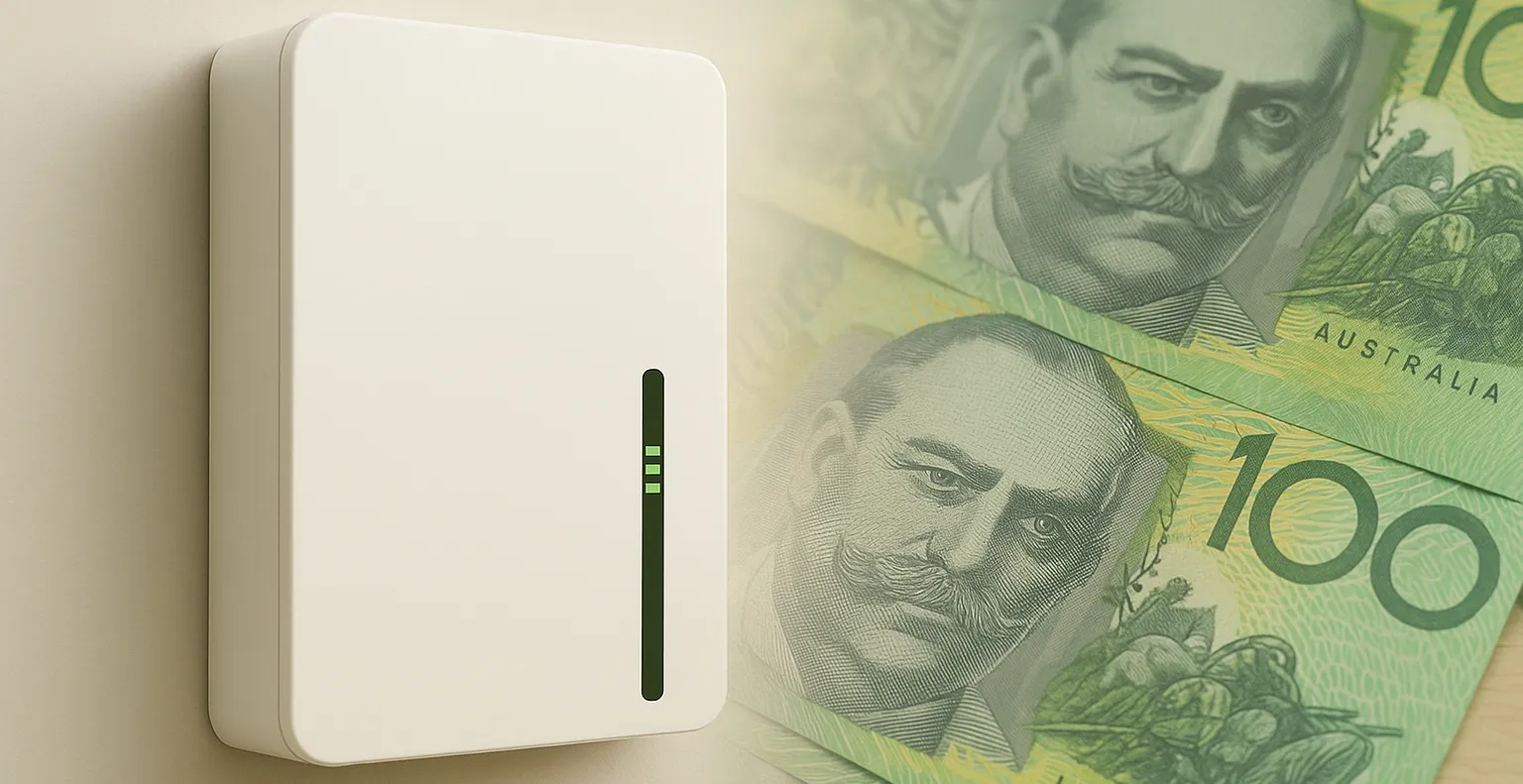Hello Aussie solar enthusiasts, if you're tossing up the idea of going solar at your place, you're probably wondering about the financials. How much does it cost to install a solar system? What savings can you expect on your electricity bills? Are there any government incentives available? And most importantly, what's the return on investment (ROI)? read on...
Installation Costs
The cost of solar power installation has come down drastically in the last ten years, thereby becoming more affordable. In 2024, the average price for a basic 6.6kW unit varies from $5,000 to $8,000, depending on considerations like panel quality, installer reputation, and location within Australia.
- Solar Panels: These typically make up about half of the overall cost of an installation.
- Inverter: An inverter transfers the DC power generated by your panels into AC electricity used in your home and may possibly make up between 20-30% of your total cost of installation.
- Mounting and Electrical Components: These come in a wide range starting from racking systems to mount the solar panels, cabling, and may constitute 10-15% of the total expenses.
- Labour: The remainder is the labour cost for installation and other associated services.
Possible Savings on Electricity Bills
One of the major advantages of switching to solar is that it will significantly reduce the costs of electricity, especially if you use all the solar power yourself. How much you save depends on:
- System Size: The larger your system, the more power it will generate, leading to higher savings.
- Electricity Usage: The more you use electricity during hours of sunlight when the system produces power, the more you save.
- Feed-in Tariffs: Extra power generated by your system might be fed back into the grid in exchange for credits on your bill, reducing it. Australians with a decent-sized solar installation could see an average annual electricity bill drop by $1,000 to $2,500.
Government Incentives
Australia has several incentives to encourage homeowners to adopt renewable energy solutions like solar power.
- Small-scale Technology Certificates (STCs): By installing a solar panel system under 100kW capacity, you earn STCs. It's based on expected output over 12 years or until 2030 when this scheme ends. These certificates can then be sold or traded for cash or discounts off your installation price.
- State-Based Incentives:
- Victoria's Solar Homes Program offers rebates of up to $1,400 and an equivalent interest-free loan.
- The Home Battery Scheme in South Australia offers subsidies of up to $3,000 for battery storage systems paired with new or existing rooftop solar panels.
All these make the installation of a solar system much more attractive by taking a big amount off its cost at the top.
Solar Rebate CalculatorReturn on Investment (ROI)
While calculating returns on investment for a home solar system in Australia in 2024, one should consider the tangible savings as well as the unquantified advantages brought about, like a reduction in environmental impact. The following are some factors to consider:
- Payback Period: Typically from four to seven years based on initial costs and individual energy consumption patterns.
- Annual Savings: Between $1,000-$2,500 every year through offsetting grid usage with self-generated power plus potential earnings from feed-in tariffs if applicable.
- Property Value Increase: Homes with installed renewable technologies tend to be better investments because they lower operating expenses and represent environmentally responsible ownership practices.
Precise ROI calculations customized to different household needs can be done only if some very specific equipment choices and the related operational maintenance requirements are considered, but generally speaking, investing wisely upfront creates substantial long-term returns while also contributing positively towards broader environmental goals!
Solar ROI CalculatorSo is it worth it?
Investing in a home solar system in Australia in 2024 is a smart financial move that not only reduces your electricity bills but also increases your property's value and contributes to environmental sustainability. With the significant reduction in installation costs, generous government incentives, and the potential for substantial savings on your energy expenses, going solar offers a compelling return on investment. By choosing solar power, you are not only securing long-term financial benefits but also playing a part in creating a greener future for the next generation. Happy Solar Power Hunting!

